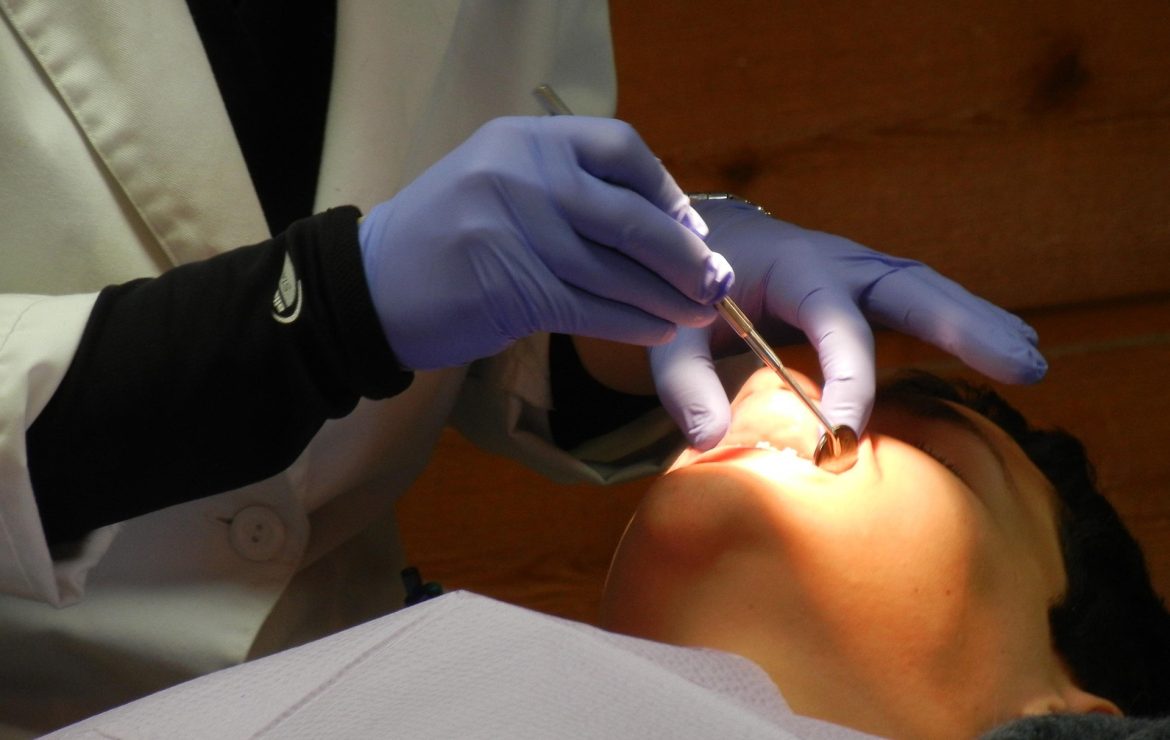Many people experience tooth sensitivity when exposed to cold foods or drinks. But what causes this discomfort, and how can it be managed?
According to German dentist Jochen Schmid, one of the main reasons behind sensitivity to cold is gum recession, which often occurs with age. When the gums recede, the necks of the teeth become exposed, allowing thermal stimuli to reach the dental nerves more easily.
Other potential causes include thinning of the protective enamel layer due to tooth decay, leaking fillings, poorly fitted crowns, or inflammation of the periodontal ligament.
Treatment Options
Experts recommend several strategies to reduce tooth sensitivity:
Sip cold beverages slowly in small amounts, which helps teeth gradually adapt to low temperatures.
Use toothpaste formulated for sensitive teeth. These products often contain special salts that reduce sensitivity in exposed areas.
Seek professional treatments at a dental clinic, such as sealing exposed surfaces with protective varnishes.
Brush gently to avoid worsening the condition. Excessive force can wear down tooth material and push the gums further back. Electric toothbrushes can also be beneficial, as many models provide a warning signal when too much pressure is applied.














